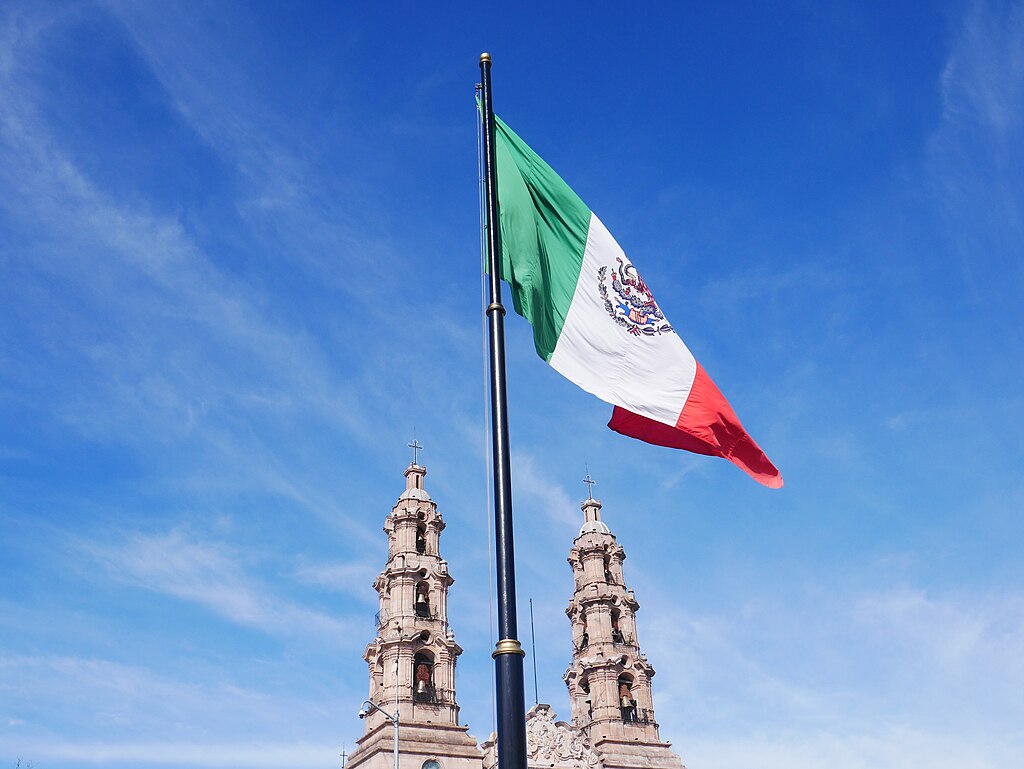Germany's New Border Controls Amid Migration Concerns
Germany announces new border control measures to tackle irregular migration and rising extremism, igniting a debate on immigration policies.
Published September 10, 2024 - 00:09am

Image recovered from arabnews.com
Faced with mounting public concern and political pressure, Germany's government has announced a comprehensive series of border control measures aimed at curtailing irregular migration and addressing security threats. These measures come into effect from September 16 and will initially be enforced for six months, impacting the flow of people across Germany's extensive land borders.
The initiative is driven by the country's recent historical experiences, where a significant influx of migrants from Syria during the 2015/2016 crisis and later from Ukraine following Russia's 2022 invasion has stressed Germany's resources. Interior Minister Nancy Faeser highlighted the severe need to enforce tighter border controls within the normally passport-free Schengen zone, emphasizing the necessity to combat threats such as Islamist extremism and cross-border criminality.
Chancellor Olaf Scholz's government, wary of the growing appeal of far-right parties like the AfD, which have succeeded in recent state elections by exploiting anti-immigrant sentiment, is seeking to reclaim voter confidence. The new measures could symbolically communicate a hardening stance towards migrants, deemed essential by both the ruling coalition and some opposition parties.
The security measures announced include temporary reinstatement of border checks along Germany's borders with Denmark, the Netherlands, Belgium, Luxembourg, France, Switzerland, Austria, the Czech Republic, and Poland. Berlin has also intimated the European Commission and neighboring states about its plans, which aim to avert threats to public safety and internal security under EU regulations.
Germany's decision has been spurred by recent violent incidents involving asylum seekers, including a deadly knife attack claimed by the Daesh group in Solingen. Such incidents have intensified calls for stricter border controls and more robust security policies. The government plans to negotiate confidentially with conservative factions to potentially return many more migrants at the border. However, the specifics of this plan remain undisclosed.
The measures may strain Germany's relations with its neighbors, some of whom, like Austria, have already stated their unwillingness to accept migrants rejected by Germany. Analysts like Susan Fratzke from the Migration Policy Institute suggest that while immediate impacts might not be extensive, these controls could deter potential migrants and possibly lead to increased returns in the broader European context.
Germany's stricter immigration stance is part of a broader shift among European nations grappling with migration-related concerns. Previously, Germany has taken steps such as flying convicted criminals of Afghan nationality back to their home country and implementing stricter deportation rules despite human rights debates surrounding such actions. The introduction of stringent controls on land borders with Poland, the Czech Republic, Austria, and Switzerland last year led to the rejection of approximately 30,000 migrants, underscoring Berlin's firm approach.
This movement towards tighter migration controls comes at a politically charged time. Scheduled state elections in Brandenburg pose a significant challenge for the ruling SPD, which faces strong opposition from far-right parties. The outcomes of these elections are seen as a bellwether for national electoral trends, potentially influencing future immigration policies.
The broader European principle of free movement, exemplified by the Schengen Agreement, faces rigorous testing through these measures. The decision to temporarily suspend such freedoms underscores the critical balance between ensuring internal security and upholding the ideals of European unity. As Interior Minister Faeser contends with internal and external pressures to toughen immigration policies in Germany, the unfolding responses from other EU nations and the broader implications for the Schengen zone will be closely monitored.
Against the backdrop of a turbulent political landscape, Germany's approach reflects a critical juncture in managing migration within the EU. The strategic implications of Germany's newly enforced border controls will resonate across the region, influencing both national and European policy frameworks in the months to come.







